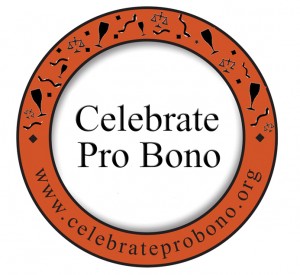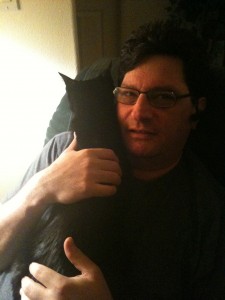 There are a lot of attorneys who do what you do, right there in your market. Many of them have more experience than you do. They have a bigger marketing budget, a better blog, and more traffic to their web site. They have better-paying clients and get more referrals. They earn more than you do. Hell, they’re even better looking.
There are a lot of attorneys who do what you do, right there in your market. Many of them have more experience than you do. They have a bigger marketing budget, a better blog, and more traffic to their web site. They have better-paying clients and get more referrals. They earn more than you do. Hell, they’re even better looking.
But no matter what advantages your competition have over you, you can keep them from beating you.
How do you stop a stronger opponent, or worse, an army of them? By ignoring them.
Stop looking at what other attorneys are doing. Forget about what they have. Don’t compare yourself to others. It’s the worst thing you can do for your career or your self-esteem.
Stay focused on what you do, on your clients, on your work. Build your practice, and don’t worry about what anyone else is doing. Or as a friend of mine says, “keep your eyes on your own paper.”
No matter what advantages your competition may have, they can’t beat you unless you let them.
















